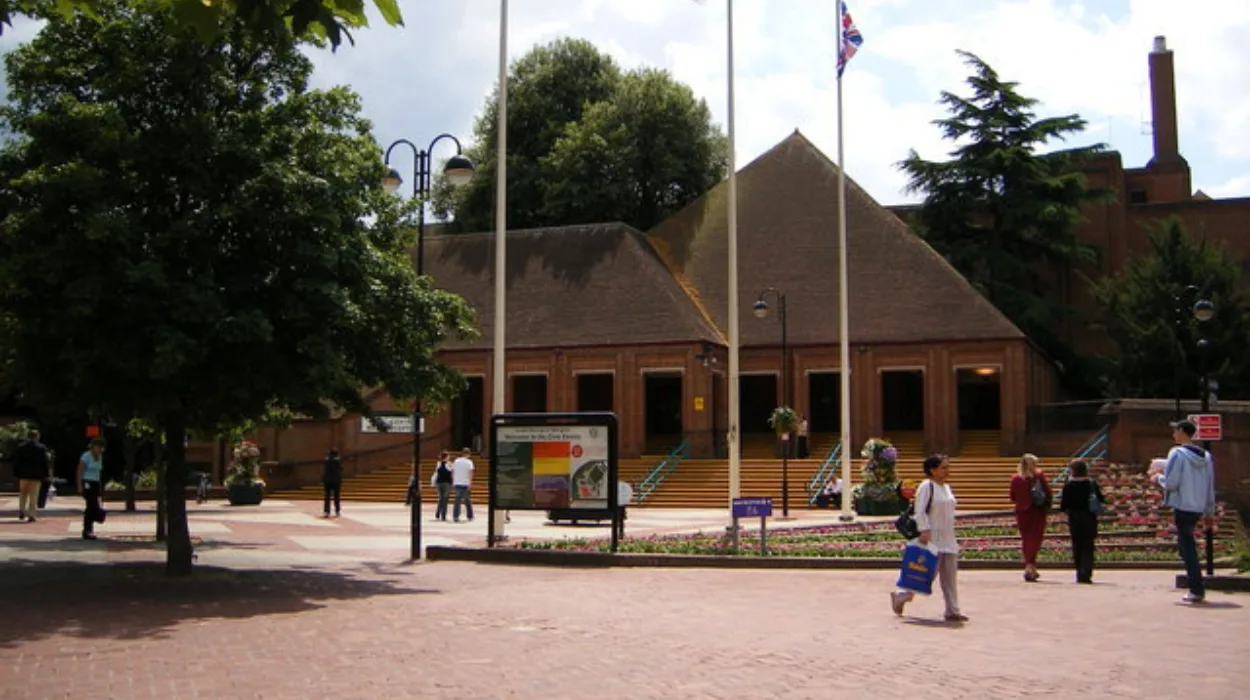Hillingdon (Parliament Politics Magazine) – Hillingdon Council’s £70 green waste collection scheme has seen fewer sign-ups than expected, raising concerns over uptake and service value.
In an attempt to fill budget gaps, Hillingdon Council implemented a £70 subscription for a previously free service. The council is in danger of going bankrupt after “years of overspending and undersaving.”
The council only a few weeks ago began negotiating extraordinary financial support with the government.
As of right now, the Local Democracy Reporting Service (LDRS) may disclose that fewer persons have subscribed to the service than the council had anticipated. Hillingdon Council anticipated that the policy would generate approximately £2.5 million in March.
An estimated 35,700 homeowners were expected to sign up for the yearly membership to have their green garbage picked up. But so yet, only 21,700 residents have joined up, which is 14,000 fewer than anticipated.
In addition to pointing out that those without gardens were paying for the free service through their council taxes, Hillingdon Council claims the service is still more affordable than that of nearby municipalities.
Councillor Sital Punja, Deputy Leader of Hillingdon Labour, told the LDRS that residents have expressed anger at the decision to introduce the charge. She said:
“The green waste charge of £70 has proven to be one of the most unpopular policies brought forward by the Conservative administration, reversing their 2022 manifesto promise to fix their own financial fiasco, which is reported to date back to 2013.
Repeatedly on the doors, residents express their anger especially when weeds are knee high, trees are not trimmed, leaves are not cleared from pavements and as one resident told me, she used to clear the paths and put the leaves in the green waste bag but why is she now having to pay £70 for doing the council’s job that they fail to do.
As Councillors we are reporting green waste in black bags or being dumped in various public spaces. This so-called cost saving measure must be costing Hillingdon taxpayers even more money in ‘call out’ waste collection.”
The LDRS asked Hillingdon Council how much it cost to roll out the scheme, and whether green waste fly-tipping had increased in the borough since collections ceased to be free of charge. Hillingdon Council said:
“To date, more than 21,700 residents have subscribed to our garden waste service.
As with any service of this nature, there are ongoing costs associated with its delivery. However, this scheme provides greater value for money to residents in comparison to our neighbouring boroughs and ensures a more sustainable operating model for the future at a time when the council is experiencing financial pressures caused by significant underfunding from the government.
It also means that the service is paid for by those using it rather than the cost being shared by all taxpayers, including those without gardens. Residents can still sign up to the scheme, and those who choose not to can also take their garden waste to our civic amenity sites where they can dispose of it for free.”
There is still time for those who haven’t signed up to do so as autumn draws near, but if actual sign-up numbers fall short of estimates, the council will have to find other ways to make ends meet.
Nevertheless, compared to comparable services implemented in Ealing, where just 13,500 people pay yearly to have their green garbage collected, the Hillingdon service has been more successful. Thirteen years have passed since the policy’s inception. Additionally, Ealing residents pay more, £96.50 annually, and Hounslow residents pay slightly less, £65 annually, than Hillingdon residents.
How will the shortfall affect Hillingdon Council’s waste budget this year?
Hillingdon Council is already facing significant financial challenges with a demanding savings target of over £34 million for 2025/26 and a budget deficit projected at around £4.2 million after accounting for planned savings.
Any shortfall in income from garden waste subscriptions means the council must either absorb the cost or find alternative savings, putting further strain on reserves and services.
Increased operational costs such as waste disposal fees and National Insurance rises have already put pressure on the budget.
Failure to meet income targets from the garden waste service could increase the scale of financial challenges in the next year, potentially forcing cuts in other services or drawing down from the council’s reserves.


